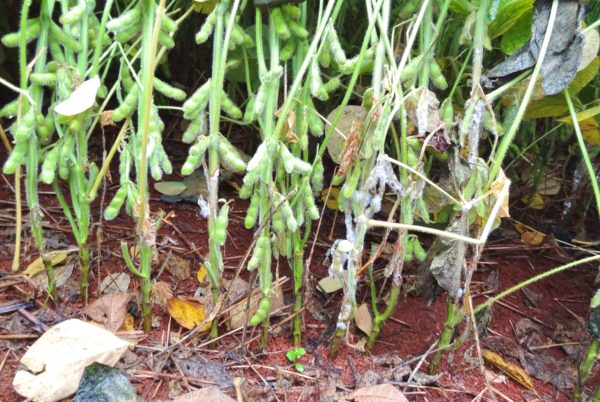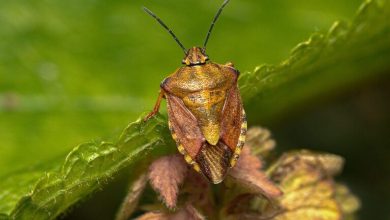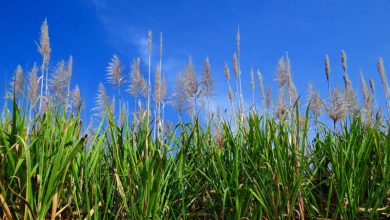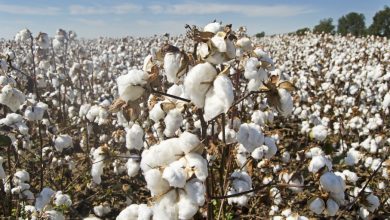FORMULADOS
Marrone Bio Innovations lança Amplitude ™ Biofungicide nos EUA

Marrone Bio Innovations, Inc. (NASDAQ:MBII) (MBI), a leading provider of bio-based pest management and plant health products for agriculture, turf and ornamental and water treatment markets, announces the availability of the biological fungicide, Amplitude™ for the 2018 growing season. This product uses the same active ingredient in the recently announced EPA approval of Stargus™.
Amplitude is based on a new strain of Bacillus amyloliquefaciens discovered by MBI, with strong performance against white molds and soil diseases such as Phytophthora and Rhizoctonia (pink rot and black scurf of potatoes), and Fusarium as shown in field trials in the U.S., Canada and Europe.
Growers have few choices of active ingredients that perform well on the group of fungi that cause white molds in row crops like soybeans, canola, pulses, dry beans, bulb vegetables and sunflower. AmplitudeTM is the result of MBI’s directed screening discovery program to find a solution that addresses such a specific market need. This product is also complementary and additive to the broad spectrum of diseases covered by MBI’s first biofungicide, Regalia® Rx , providing a solid one-two punch to controlling white molds and soil diseases in row crops. MBI is also testing this Bacillus-based product for seed treatment applications with key strategic partners.
“We are pleased to provide row crop growers with another tool to control white molds and soil diseases on a broad range of large acre crops and tuber and root crops, which have developed a resistance to conventional products. The high level of performance of Amplitude means it can be used alone, or in conjunction with a conventional fungicide to enhance control, build a solid resistance management program and get better ROI overall,” said Andre Trepanier, MBI’s Director of Marketing.
MBI’s unique natural product chemistry approach to product performance is supported by R&D work that demonstrates the bacterium produces natural compounds, some of which inhibit bacterial and fungal growth, as well as spore germination. Tests conducted at MBI’s research and development lab show that Amplitude® works by colonizing plant root hairs, stems and other plant surfaces to prevent establishment of fungal and bacterial pathogens, including Fusarium, Sclerotinia, Rhizoctonia, Verticillium, Phytophthora and Sclerotium. Furthermore, the bacteria trigger systemic acquired resistance and induced systemic responses in the plant, creating a healthier and stronger plant that wards off diseases, increases growth and improves yield. MBI has been issued a patent on the novel strain used in AmplitudeTM.
Field studies have shown good efficacy against Cercospora leaf spot on sugar beets, and white mold on soybean, sunflower, beans, and canola, and soil applications on potatoes for control of Rhizoctonia (Black scurf) and Phytophthora eurythroseptica (pink rot). Successful field trials have been conducted in the United States, Mexico, Canada and Europe.
The biofungicide product has been submitted to Canada and Mexico for approval and the dossier is being prepared for Europe. White mold (also called Sclerotinia stem rot) is a significant problem in the North Central soybean production region of the US and in Canada. This disease varies in incidence and severity from year to year because of its sensitivity to weather. White mold can substantially reduce yield, especially when climate and management practices favor high yield potential. According to the Crop Protection Network, for every 10 percent increase in the incidence of white mold observed in a field at the R7 soybean growth stage (beginning maturity), yield is reduced by two to five bushels per acre. Canada and Europe grow 10.4 and 11.6 million hectares of canola (oilseed rape) where white mold is the most serious disease.
Globenewswire, 12/06/2018
Fonte Imagem: +Soja




